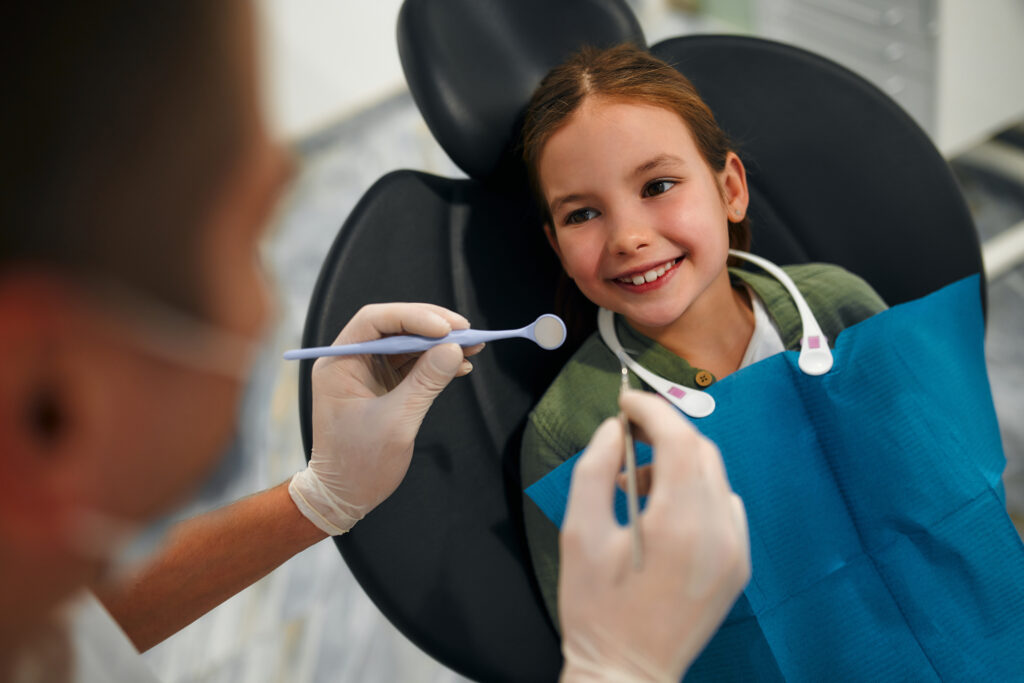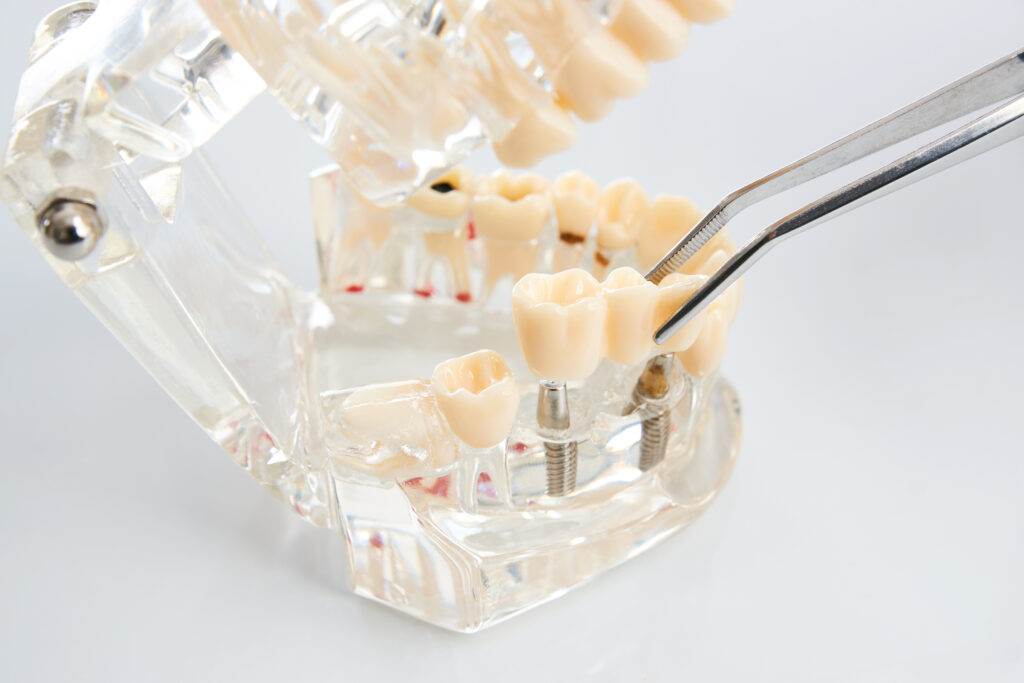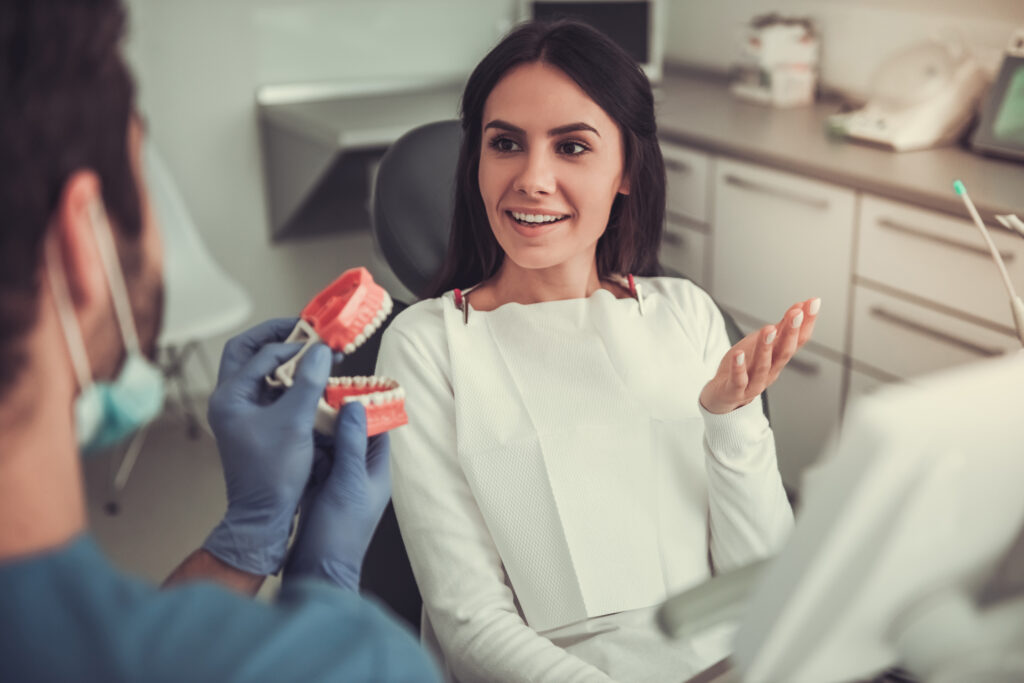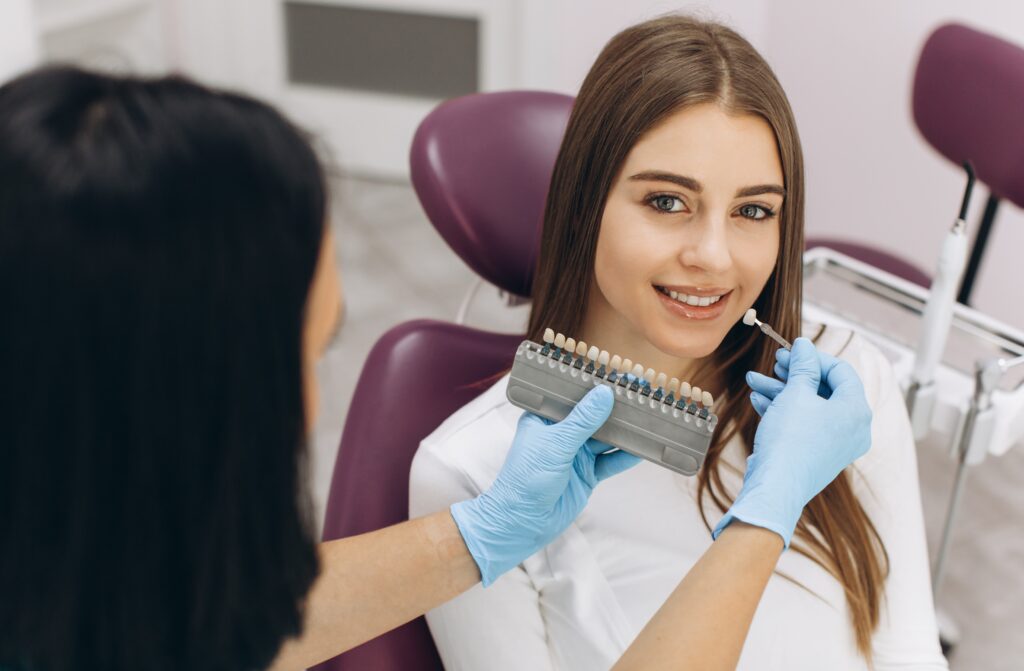
Post-op Instructions
It is important to follow instructions after you have oral surgery to ensure proper healing and avoid complications. As a rule of thumb, you should always wait two hours after surgery before eating to let the anesthesia wear off. Trying to eat before this could result in soft tissue damage because you are not able to feel all of your mouth. The instructions found below are guidelines. After your surgery, the doctor or dental assistant will give you full instructions on how to properly recover from surgery.

Root Canal Therapy
You can expect soreness after a root canal procedure for a few days. You should avoid chewing on the side of your mouth where the procedure was performed so you do not irritate the area and also ensure that the temporary restorative material properly sets. You will also need to take an antibiotic to treat any remaining infection in your tooth. If you notice an increasing amount of pain or tenderness, a reaction to the medication, or the loss of the temporary restoration (filling), call your dentist immediately.

Crowns and Bridges
Expect sensitivity and irritation after placement, which should ease as soft tissue heals. Use a warm salt water rinse and consider Advil or Tylenol if needed.
When your permanent crown/bridge is placed, initial discomfort is normal, but it should feel natural within a week. If your bite feels off, inform your dentist. Routine care involves regular brushing and flossing, just like with natural teeth.
Book a Complimentary
Virtual Consultation!

White Fillings (Bonding)
After the anesthesia wears off, your teeth will likely be sensitive. You should avoid hot and cold food or drinks for the next few days. After that initial period, your treated teeth will feel as good as new. Continue your normal hygiene plan to ensure that your fillings last for a long time.
Scaling and Root Planning
After this procedure, your gums will probably be slightly sore and irritated for a few days. You should rinse your mouth with warm salt water (1 teaspoon salt per 8 ounces of water) 2-3 times a day. This will relieve the pain and cleanse the area. Brushing and flossing should be continued right after the procedure, but you should brush gently so that you do not further irritate the area. If you experience any swelling or stiffness in the area, you can place a cold compress on the area and take some pain relieving medicine. Avoid any hard or chewy foods for 2–3 days after the surgery to ensure the area heals correctly. If you continue to experience pain or swelling after a few days, contact your dentist.
Veneers
Expect some sensitivity and irritation initially, which will improve as tissues heal. Rinse with warm salt water and consider Advil or Tylenol for pain.
Once the veneer is in, it may feel strange for a few days. Your mouth will adapt, feeling natural within a week. If your bite feels off, inform your dentist. Focus on careful brushing and flossing near the veneer’s gum line.

Extractions
After surgery, arrange for a friend or family member to drive you home due to anesthesia. Expect post-surgery bleeding; change gauze when soaked. If bleeding persists beyond 24 hours, contact your dentist. Rest at home with your head elevated on a pillow—avoid lying flat. Use prescribed pain medication as directed and apply an ice pack for relief. Your dentist may provide a cleaning solution for the extraction site.
Stick to soft foods for a few days, including: Gelatin , Pudding, Yogurt, Mashed Potatoes , Ice Cream , Thin Soups , Chew-free options.
- Gelatin
- Pudding
- Yogurt
- Mashed Potatoes
- Ice Cream
- Thin Soups
- Chew-free options
Avoid straws and smoking to prevent suture loosening and clotting issues. If you experience extended pain, bleeding, irritation, or slow healing, contact your dentist for a follow-up.


